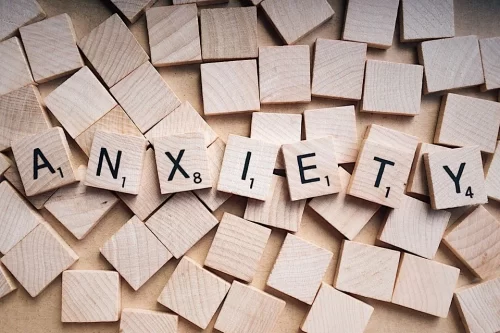Three Habits That Make Living with Anxiety Easier
Anxiety is one of the most common mental health issues worldwide. It varies in severity from person to person. The great news is that you can teach yourself how to better manage your anxiety through counseling and the use of easy coping skills. Here are some easily adopted routines that will help you feel more in charge of your life by making your symptoms more tolerable.
Adjust Your Outlook
There are various ways that you can adjust your outlook. Anxiety is frequently associated with worry about the past or fear about the future. You need to learn to ground yourself in the present moment by focusing on your breathing and observing your surroundings by practicing mindfulness. Deep breathing techniques and meditation are perfect ways to guide the mind and body on a path to wellness.
Gratitude can be extremely beneficial to your mental health, especially when you’re feeling anxious or nervous. You may change your viewpoint and keep your thoughts in check by choosing to be appreciative. Practicing gratitude can distract you from your worries and allow you to focus on the positive aspects of your life rather than your fears. Merely a shift in focus can have far-reaching effects in helping you cope with anxiety.
Starting a journal is another approach to change your perspective. Keeping a daily record of your thoughts and feelings can help you to gain control over your anxious thoughts. They may not appear as menacing or overwhelming when written down.
Adjust Your Intake
Consider what you are putting into your system – both physically and mentally. Eat well-balanced meals and maintain a supply of healthy, energy-boosting snacks. Try not to skip meals. Alcohol and caffeine are known to exacerbate anxiety, and these should be avoided whenever possible.
Certain natural supplements can make a huge difference in helping you to cope with anxiety. Some natural vitamins, minerals, and herbs can help with anxiety, many of which have been used for generations and are now garnering attention from doctors and researchers. These include passionflower, rhodiola, valerian root, magnesium, phosphatidylserine, chromium, lysine, and Kratom. Kratom (Mitragyna Speciosa) has been used for millennia in Eastern medicine to cure a variety of health conditions including anxiety, pain relief, sleep, productivity, and motivation. Kratom IQ can provide you with a wealth of information in this regard. It is always advisable to check with your health care practitioner as some of these can interfere with prescription medication.
Adjust Your Habits
While seeing a therapist can help you overcome your anxiety, expressing your worries with those you trust can also help you manage your symptoms. You may discover that others are having similar difficulties!
Getting enough exercise has numerous physical benefits, but it can also enhance your mental health. Exercise modulates your brain’s stress response and relieves anxiety symptoms. Seek fitness advice to find a program that suits you best. You do not need to join a gym; practicing yoga or going for a walk out in nature can be as beneficial. Enlist the help of a workout companion to keep you dedicated.
It’s critical to have a healthy sleep schedule every night if you want to reduce your anxiety. Sleep deprivation might exacerbate your symptoms significantly. While it may seem hard to obtain a decent night’s sleep when your symptoms are at their worst, going to bed at the same time every night and implementing other healthy sleep hygiene behaviors, such as avoiding gadgets in the evening, might help.
Moments of calm can make a big difference in helping you to put perspective on your anxious thoughts. By adjusting a few habits, living with anxiety can become easier.




